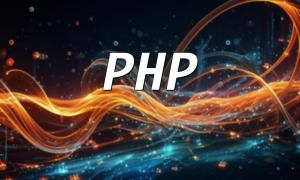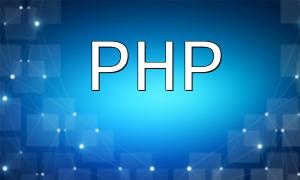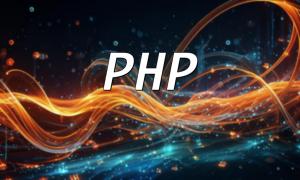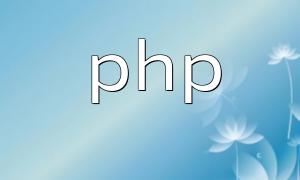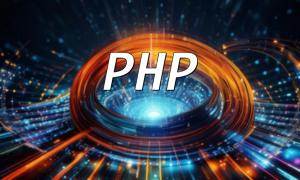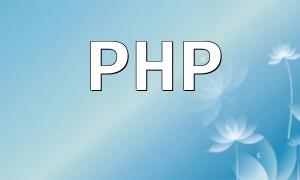PHP function libraries are essential toolsets used by developers in daily programming, covering a wide range of functions from string manipulation to database interaction. These functions greatly improve code efficiency and maintainability, serving as the foundation for developing PHP applications efficiently.
The following code demonstrates how to connect to a database and dynamically generate an HTML table in PHP:
// Connect to the database
$mysqli = mysqli_connect("hostname", "username", "password", "database");
// Execute SQL query
$result = mysqli_query($mysqli, "SELECT * FROM users");
// Create HTML table
echo "<table>";
echo "<tr><th>ID</th><th>Name</th><th>Email</th></tr>";
// Loop through the result set and generate table rows
while ($row = mysqli_fetch_assoc($result)) {
echo "<tr><td>" . $row['id'] . "</td><td>" . $row['name'] . "</td><td>" . $row['email'] . "</td></tr>";
}
// Close the database connection
mysqli_close($mysqli);
echo "</table>";
This script demonstrates how to connect to a database, execute a query, and dynamically generate an HTML table in PHP, which is ideal for displaying data from a database.
PHP function libraries provide developers with powerful tools to handle various programming tasks. Mastering these common functions can significantly improve development efficiency. This article introduced common PHP functions for string manipulation, array operations, date/time handling, and database interactions, as well as a practical example of dynamically generating HTML tables. Understanding and using these functions will make PHP development faster and more efficient.
